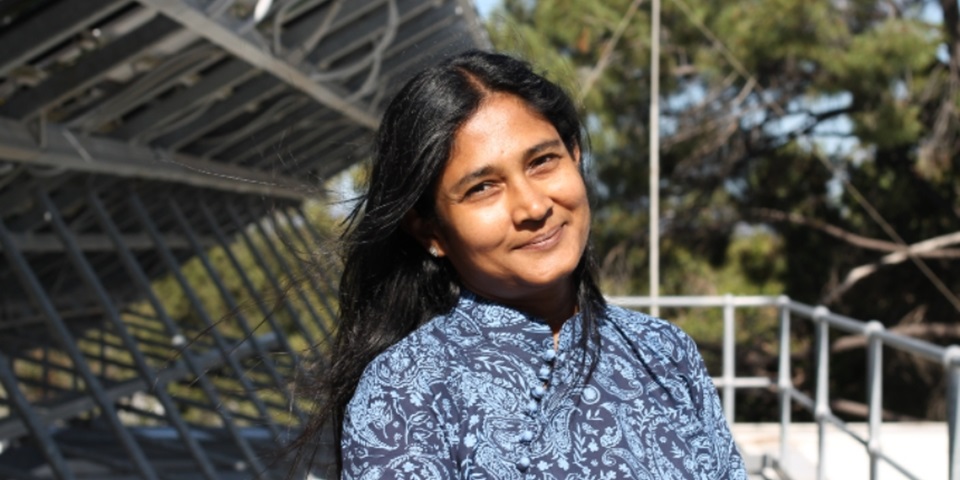Opinion
World leading course driving decarbonisation

As COP27 closes with commitments from around the world to reduce greenhouse gas emissions, reports continue to highlight the skills gaps to deliver on those promises.
While the International Energy Agency reports the technologies needed to achieve the necessary cuts already exist and the policies for their deployment are already proven, emissions targets are in doubt due to a chronic, universal shortage of people trained to use them.
Murdoch University’s pioneering Masters of Renewable and Sustainable Energy course continues to fill that void, thereby better enabling the global energy transition required.
It was the first postgraduate course in Australia attempting to design and implement sustainable energy systems based on renewable energy and is now in its 25th year of delivery. And each year is more important than the last.
The course is designed to provide skills for careers in areas such as energy policy, energy economics, energy management and efficiency, sustainable energy systems design and planning, infrastructure sustainability assessment, the environmental impact of energy systems and their use, as well as renewable energy technologies.
Graduates now hold key positions in major Australian and International companies such as United Nations, International Renewable Energy Agency, Secretariat of the Pacific Community, BHP and Fortescue Metals Group. They assist in decarbonising their operations and helping companies like Fortescue Future Industries develop new clean energy industries such as green hydrogen.
Others hold positions in national and state governments in a range of countries, helping to develop the policies and programs needed to accelerate and support the energy transition and reduce greenhouse gas emissions.
The curriculum has been developed specifically to train professionals in the areas of climate change mitigation and adaptation in an integrated manner, based on current industry practice and needs. The careers they are forging are evidence of this.
Regular consultation with industry has shown that to be successful sustainable energy professionals, graduates need to understand not only the technological and engineering aspects of the energy transition, but the policy, economic and social requirements as well.
Murdoch’s Masters of Renewable and Sustainable Energy, along with its newly offered Electrical and Renewable Energy Engineering degrees, deliver that knowledge and equip industry-ready graduates with the skills needed to meet the steep emissions reductions the world committed to at COP27.
- By Professor Tania Urmee and Professor Chris Lund
For research news delivered to your inbox, sign up to our monthly newsletter.